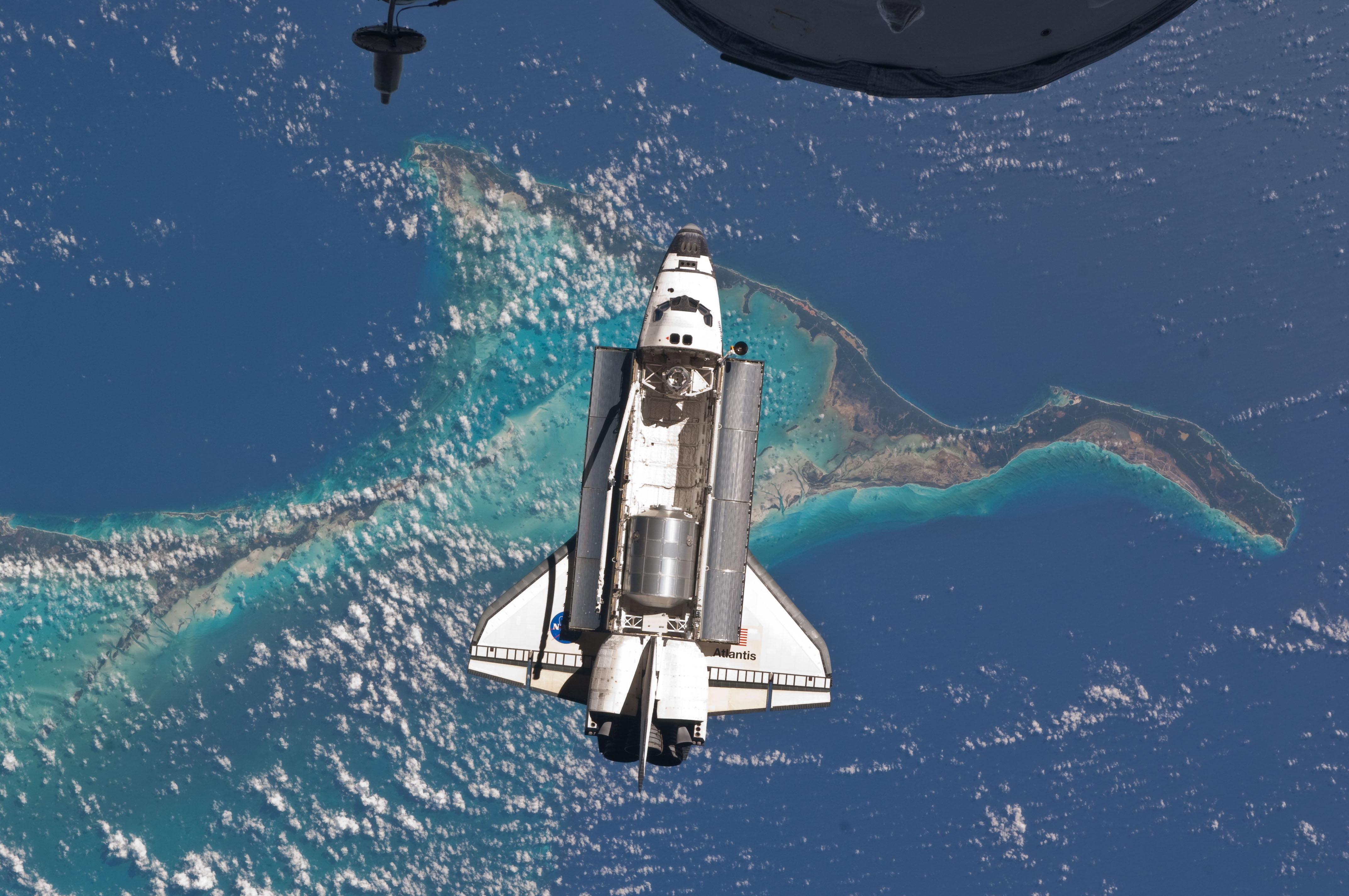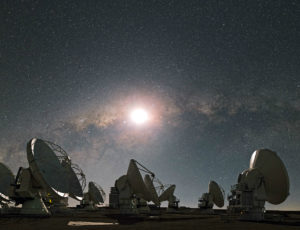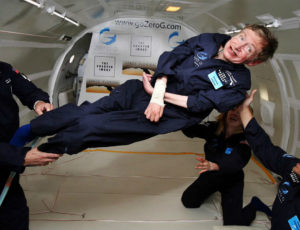
China targets launch of reusable space shuttle by 2020
China is aiming to join the US and Russia as countries who have launched reusable space vehicles. The Chinese government aims to accomplish this by 2020.
At present, there are no publicly available space vehicles capable of multiple uses. After 30 years, the US retired the National Aeronautics and Space Administration’s fleet of space shuttles in 2011. The American shuttles have flown 135 missions during the program’s lifespan.
Russia’s Buran STS program was scuttled in 2001. Private corporations are still in the process of developing their own reusable space vehicles. Space X, Virgin Galactic, United Launch Alliance, and Blue Origin have yet to achieve operational capability with their STS spacecraft.
This makes China, a viable contender in the new space race.
Chen Hongbo, a researcher from the state-run China Aerospace Science and Technology Corporation (CASC), said that “The spacecraft will be easier to maintain and can improve the frequency of launches at lower cost, bringing new opportunities for more people to travel into space.”
A Chinese space shuttle
Government officials have expressed their optimism for the program. China has progressed significantly in its space shuttle development.
Liu Shiquan, Vice Director of the China Aerospace Science & Industry Corporation, said that “Currently, China is developing its own reusable earth-to-orbit space vehicles that can take off and land horizontally.”
“Ground tests that are critical for engine and component development have been completed with remarkable success,” said Liu.
Part of a larger plan
The space plan development is in line with the larger Chinese thrust to become a leader in the international space race. The nation’s officials have publicly disclosed their plans to have an operational space station in orbit within the early 2020s. They are also aiming to have astronauts land on the moon by the mid-2030s.
With this move towards space, China is poised to further establish itself as a global superpower.










